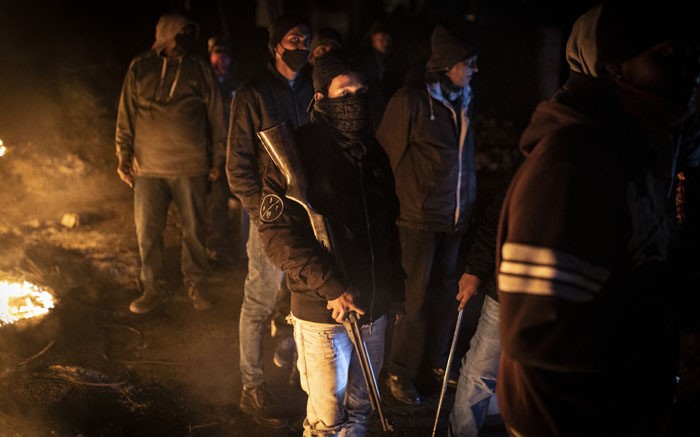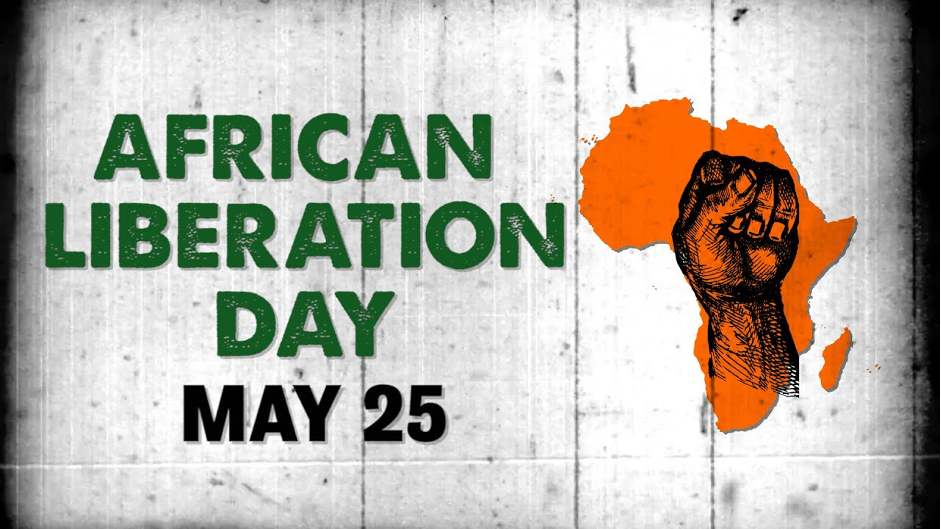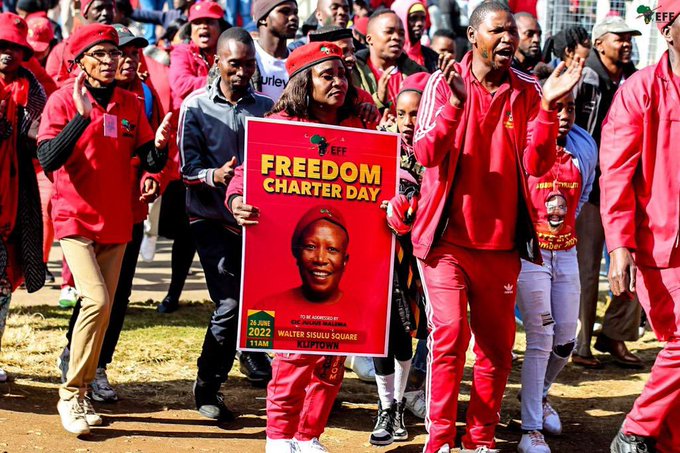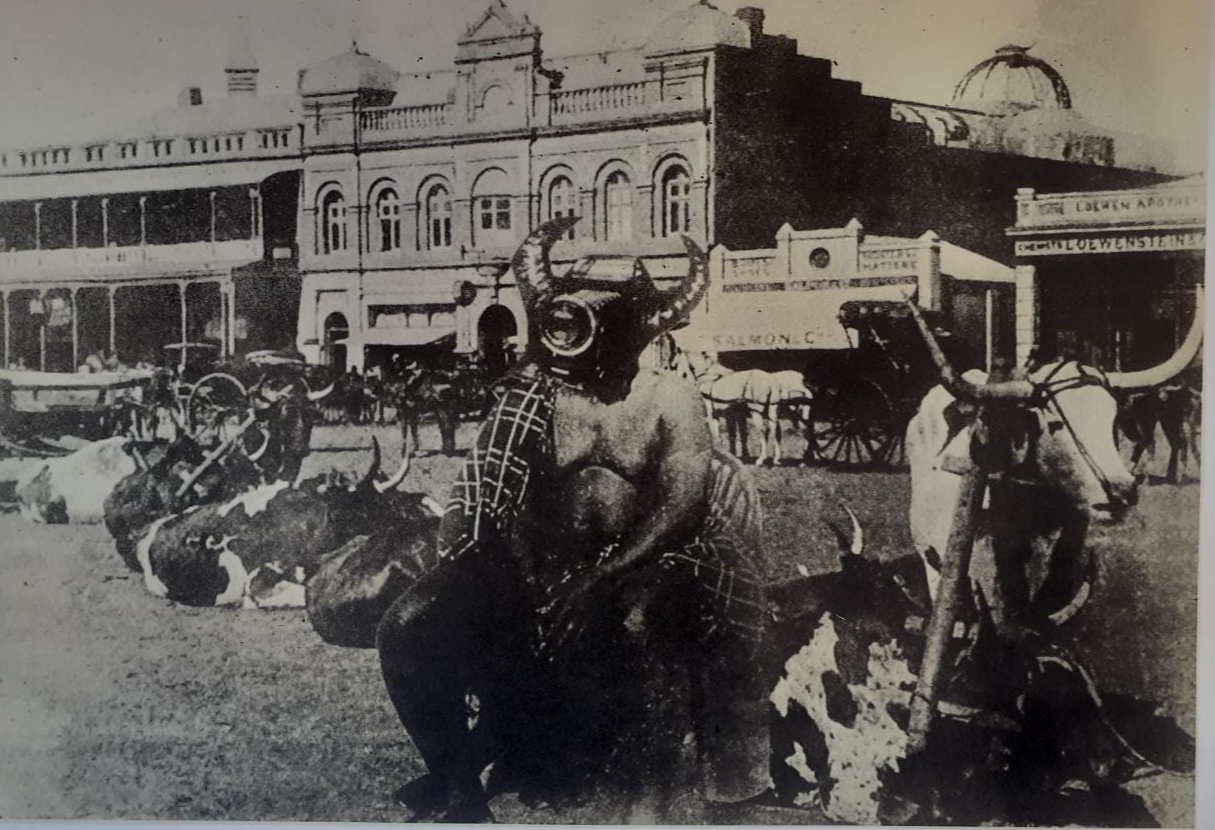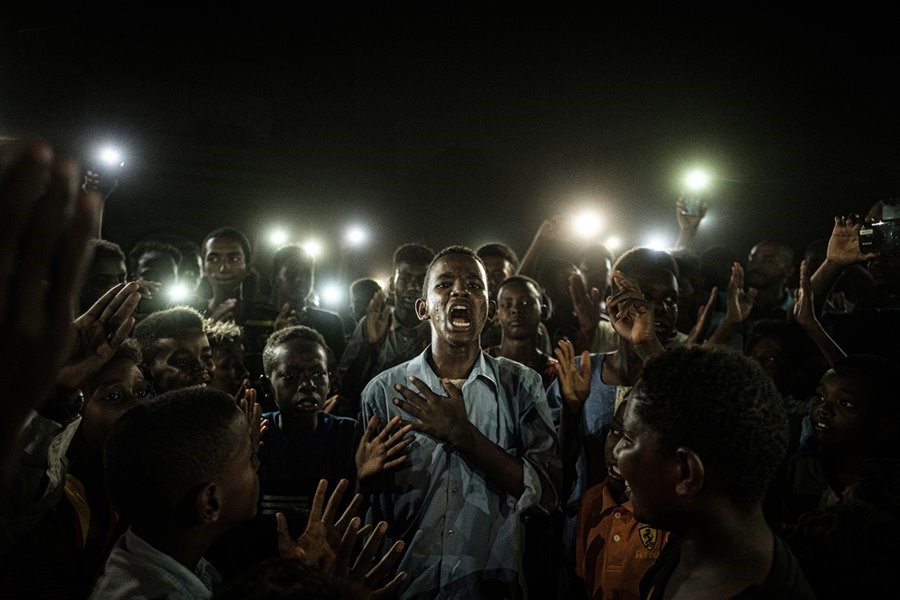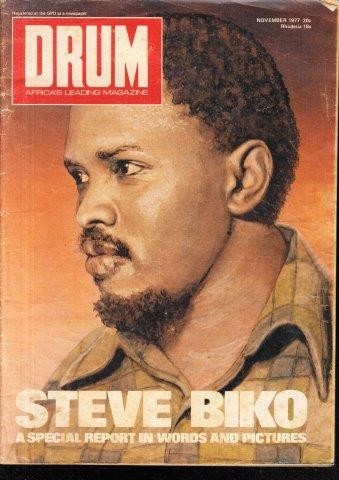The fundamental and urgent role of African-warrior intellectuals is to formulate a Pan-African unified theory of non-African domination and African liberation. Different theories have been proffered by many African scholars and so far, each has its blind spots. So, there is an urgent need for a unified paradigm shift to account for the centuries-long and seemingly never-ending domination of Africans by non-Africans such as Europeans and non-Europeans. In the spirit of the likes of Bobby Wright, Marimba Ani and recently Francis Cress Welsing - we need to formulate an African-centred war-studies paradigm as African-warrior intellectuals. This paradigm will fundamentally be premised on the assumptive logic that non-Africans (for instance Arabs and Europeans) have been waging a race war against Africans for more than “two thousand seasons” and that Africans need to avenge the spirit of our ancestors. Africans must start thinking about their condition as one of being in a race war so that they can formulate a theory about their true enemies. In a book called Blacks Can’t be Racist, Andile Mngxitama, following Biko’s critique of racism, argues that racism entails group power and subjugation and not just individual prejudice. In this sense following Biko, racism is white racism. Racism as white supremacy is the only historical and functional system of racial domination. Other “racisms” are imaginary as the victims of white racism lack power. It is in this sense that blacks cannot be racist. But the fundamental question is, which blacks cannot be racist?
We are interested here in the Phoenix massacre in which Indians brutally murdered many Africans in Kwa-Zulu Natal during the civil unrest in July 2021. Indians took the law into their own hands by murdering Africans. Africans have not received justice to this day. The blacks of Biko’s Black Consciousness movement killed their fellow blacks. Our historical point of departure is that Africans became blacks “in the wake” of massive violence of conquest since 1652 which entailed land dispossession and cultural warfare. AmaNdiya on the other hand became black due to Biko’s formulation of Black Consciousness in reaction to the Apartheid racial classification and racial oppression. AmaNdiya who are not Abantu/African but also not abelungu did not experience the conquest of 1652 as they only “arrived” in conquered Azania in 1860. Africans rather than blacks must insist on the paradigmatic difference between the violence of conquest and the violence of oppression. The grammar of the suffering of Africans due to conquest is different from that of AmaNdiya. The fundamental difference is land and culture.
So historically speaking there are two different forms of blacks and blackness. Frank Wilderson in his book Afro-pessimism entitled one of his chapters “the trouble with humans”. This is our fundamental point of departure for the problematisation of AmaNdiya as blacks in “South Africa”. Abantu have isintu as their culture as Africans while abelungu have European culture as white settlers. Following the work of Diop, we can trace the origin of Indian culture to its Indo-European period of the conquest of an African civilization called the Dravidian civilization. It is this conquest by the Aryans as the ancestors of Europeans and Indians which inflicted massive violence that transformed Africans into blacks in India called the Untouchables. These Aryans created a Hindu-caste system based on Aryan culture which despises Africans and regards them as ontologically inferior. The foregrounding of the Aryan roots of Indians will aid us to account for the violence AmaNdiya inflicts on Africans before and during the Phoenix massacre and in the future. The Marxist classification of Indians as the merchant class that exploits Africans, and the working class is problematic as it erases the Aryan roots of Indians which unite them across classes based on shared culture.
Fundamental to Afro-pessimism is the ontological division between blacks and non-blacks/humans. This is because Afro-pessimism despite its flaws makes the conceptual intervention of distinguishing between white supremacy and anti-blackness. Thus, while non-blacks in our case AmaNdiya can suffer from white supremacy they do not suffer anti-blackness instead they inflict anti-black violence on Africans as the paradigmatic blacks. It is in this sense that Afro-pessimism helps us to account for the Phoenix massacre. Black Consciousness can only offer a weak argument of intra-black violence due to the divide and conquer logic of white supremacy in “South Africa”. But the African-centred critique of Indo-European culture and Indians as well as the Afropessimist’s distinction between the paradigmatic blacks as Africans and non-blacks as AmaNdiya in the context of conquered Azania will help us to account properly for the Phoenix massacre. Following Afro-pessimism AmaNdiya are the junior partners of white settler colonialism in conquered Azania while abelungu are their senior partners. It is in this sense that we need to reformulate Poqo’s resolution of the “white settler question” and extend it to the resolution of the “Indian question”. Africans are on their own and not “the black man of Biko”.
Following Anton Lembede’s Africanism, the resolution of the above questions should be premised on Africa for the Africans and by extension Europe for the Europeans and India for the Indians. In the process of liberating Africans from non-Africans such as abelungu and AmaNdiya we need to know as Africans that we have the necessary numbers to unite across the globe like Garveyism attempted to wage a counter-war against non-Africans who have been waging a race war and to avenge the spirit of our ancestors we lost in this Maafa.

